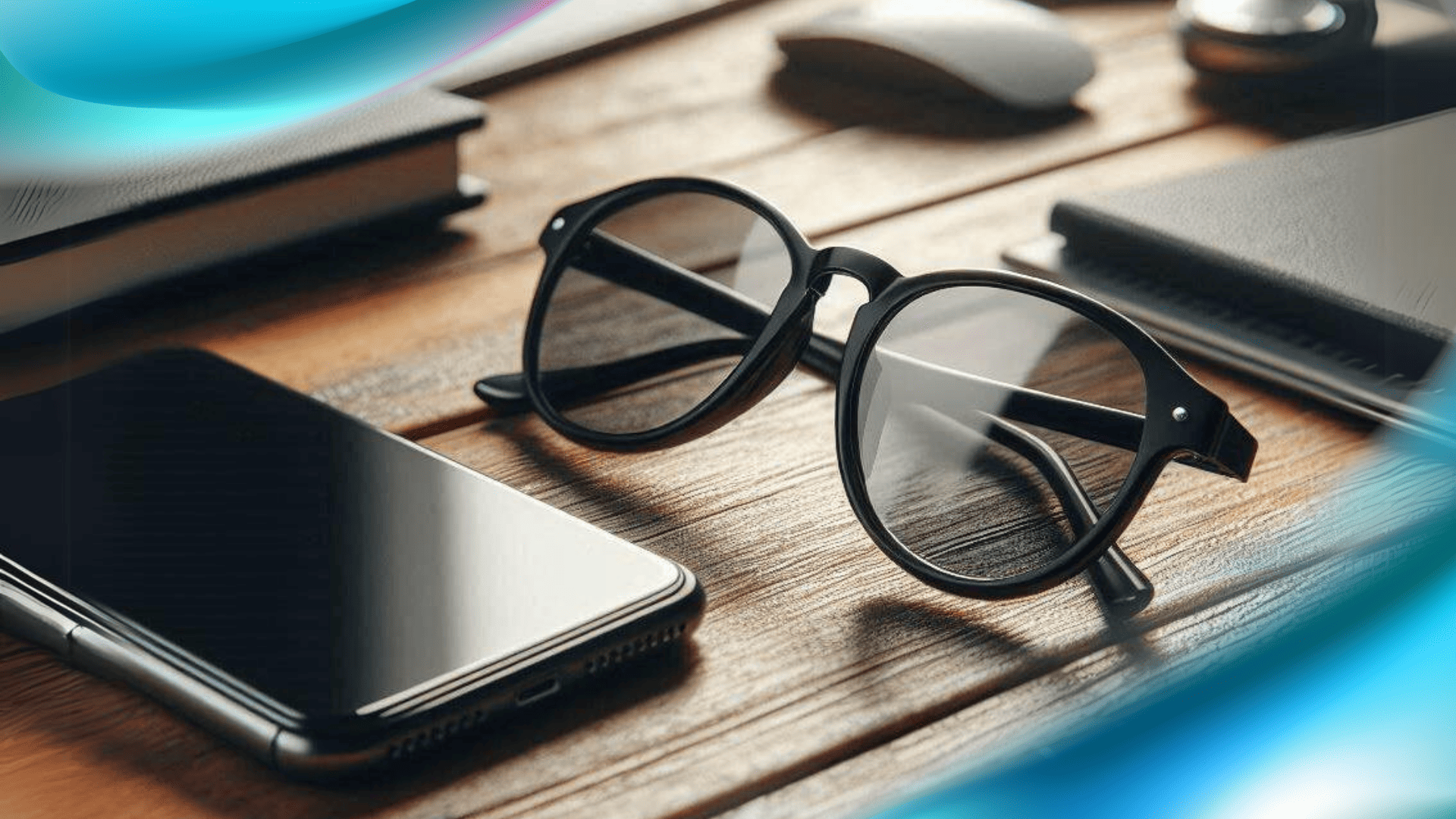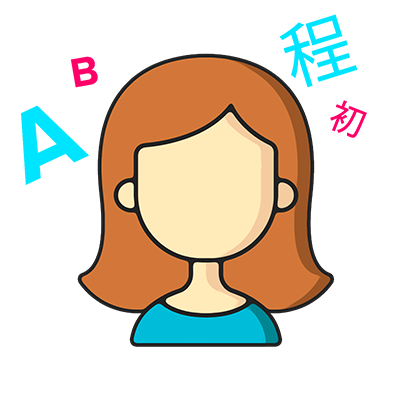Free Services For the Blind: Popular Choices
Living with vision loss can make everyday tasks and getting information a bit tricky. But, the good news is there are lots of free services out there to help people who are blind or have low vision. These services help with all sorts of things, like using technology, learning new stuff, getting around safely, and even finding a job. In this article, we’re going to take a closer look at these awesome free services. We’ll show you how they can make life a bit easier and help people who are visually impaired do things on their own, join in more activities, and enjoy life to the fullest.
Screen Readers and Software

Screen readers are essential tools that translate digital text into speech or Braille, enabling visually impaired users to interact with their devices. Here are some notable free screen reading software:
- NVDA (NonVisual Desktop Access): NVDA is a free, open-source screen reader for Windows. It enables users to access and manage their PC through speech or Braille, supporting a wide range of applications including web browsers, email clients, and office suites.
- VoiceOver: Integrated into all Apple devices, VoiceOver is a gesture-based screen reader that allows users to navigate and interact with their device using touch and auditory feedback. It supports a wide array of languages and has extensive settings for customization.
- TalkBack: Google’s TalkBack is an accessibility service for Android devices. It provides spoken feedback to help blind and visually impaired users navigate their devices, use apps, and browse the web.
Mobile Applications
The advent of smartphones has led to the development of numerous free mobile applications designed to aid the visually impaired:
- Seeing AI: Developed by Microsoft, Seeing AI is an app that uses the device’s camera to recognize and describe nearby people, text, and objects. It offers features like reading printed text aloud, describing scenes, identifying currency, and even recognizing friends and their emotions.
- Be My Eyes: This app connects blind and low-vision users with sighted volunteers through a live video call. Volunteers assist with a range of tasks, from reading labels to navigating new surroundings.
- Google Lookout: Google’s Lookout app uses computer vision to assist people with visual impairments in gaining information about their surroundings. It can read text, identify products, and describe objects and scenes.
Check our blog on the best apps for the blind.
Braille and Tactile Solutions
Learning Braille and accessing Braille materials is crucial for many in the blind and visually impaired community. Here are some resources:
- Braille Institute’s Braille Books and Learning Tools: The Braille Institute offers free services such as braille books and educational programs to teach and support Braille literacy.
- National Library Service for the Blind and Print Disabled (NLS): In the U.S., the NLS provides free Braille and audio materials to individuals with visual impairments. Their collection includes books, magazines, and music scores.
- Perkins School for the Blind: Perkins offers a range of resources for Braille learners, including online tools and materials. Their Braille & Talking Book Library provides a vast collection of Braille books, magazines, and other resources.
- Liblouis: An open-source Braille translator and back-translator, Liblouis supports a wide range of Braille codes and is used in screen readers and Braille note-takers to provide Braille output.
These technologies and resources significantly contribute to the autonomy, education, and inclusion of visually impaired individuals, offering tools for a wide range of activities and needs.
Check our blog Braille learning books for beginners to find the best resources to get started.
Educational Resources and Services
Education is a fundamental right and crucial for personal development. For the visually impaired, there are various resources and services designed to provide accessible learning opportunities.
Online Learning Platforms and Courses
Online education platforms have made learning more accessible to everyone, including the visually impaired. These platforms offer courses in a wide range of subjects, and many have taken steps to ensure their courses are accessible.
- Coursera: Coursera partners with universities and organizations worldwide to offer courses online. They strive for accessibility by providing features like keyboard navigation, screen reader compatibility, and alternative text for images. Many of their courses offer subtitles for videos, making it easier for the visually impaired to follow along.
- edX: Like Coursera, edX offers a wide array of courses from various universities around the globe. They are committed to accessibility, providing detailed instructions on how to navigate their platform with screen readers and ensuring that course content is accessible.
- Khan Academy: Known for its extensive library of educational videos, Khan Academy also ensures its platform is accessible, with screen reader-friendly content and options for closed captioning in their videos.
- Hadley Institute for the Blind and Visually Impaired: Hadley offers distance education courses for blind and visually impaired individuals, their families, and blindness professionals. The curriculum includes Braille reading and writing, using assistive technology, and orientation and mobility skills. Courses are offered for free and can be taken online, via mail, or through other accessible formats.
- Canadian National Institute for the Blind: CNIB offers a variety of literacy programs, including Braille classes for all ages, technology labs with training on the latest assistive devices, and a vast library of accessible materials. They also run the “Braille Creative Writing Contest” to encourage young Braille users to practice their literacy skills.
Library Services
Libraries offer a treasure trove of resources for the visually impaired, from Braille books to audio materials.
- National Library Service for the Blind and Print Disabled (NLS): In the United States, the NLS offers free access to a vast collection of Braille and audio materials. These resources are available through mail delivery and an online download service called BARD (Braille and Audio Reading Download).
- Bookshare: Bookshare is an online library that offers accessible books for people with print disabilities. It provides books in formats suitable for screen readers, Braille display devices, and other assistive technologies.
- Perkins School for the Blind: Perkins is one of the oldest and most renowned schools for the blind. In addition to providing a comprehensive on-campus education, Perkins offers online resources, professional development for educators, and community programs. Their Braille & Talking Book Library provides access to thousands of audio and Braille books.
Educational Grants and Scholarships
Financial assistance in the form of grants and scholarships can help visually impaired students pursue their educational goals.
- American Foundation for the Blind (AFB): The AFB offers scholarships for blind or visually impaired students pursuing higher education. These scholarships are designed to support students in various fields of study.
- National Federation of the Blind (NFB): The NFB offers a range of scholarships for legally blind students in the U.S. pursuing or planning to pursue a full-time, postsecondary course of study.
- Lighthouse Guild: The Lighthouse Guild provides scholarships for students who are legally blind and demonstrate strong academic achievement. These scholarships are available for college-bound high school seniors and undergraduate and graduate students.
These educational resources and services play a crucial role in supporting the learning and development of visually impaired individuals, ensuring they have the opportunities and tools necessary to succeed academically and professionally.
Daily Living and Mobility Training

Orientation and Mobility Training
- State Commission for the Blind in New Jersey: The Commission offers comprehensive O&M training programs for residents, including personalized instruction on using a white cane, understanding and utilizing public transportation, and employing GPS and other navigational technologies to travel independently in urban and suburban environments.
- Lighthouse Guild in New York: The Lighthouse Guild provides specialized O&M training, where individuals learn to navigate safely through different settings, such as busy city streets or quiet neighborhoods, and effectively use public transit systems like subways and buses.
Home Assistance Programs
- Rebuilding Together San Francisco: This branch of Rebuilding Together focuses on ensuring that homes are safe and accessible for everyone. They offer the “Safe at Home” program, where volunteers come to the homes of individuals with disabilities, including those with visual impairments, to make necessary modifications such as installing handrails, ramps, and non-slip flooring, making bathrooms and kitchens more accessible.
- Center for Independent Living in Berkeley, California: Known as one of the first independent living centers, this organization offers various services, including advocacy and resources for home modifications. They assist in making homes more accessible through structural changes, technological enhancements, and by providing information on local resources that can offer financial assistance or volunteer support for these modifications.
Orientation and Mobility Training and Home Assistance Combined
VISIONS/Services for the Blind and Visually Impaired in New York: VISIONS offers a comprehensive approach by providing both O&M training and home adaptation services. Their O&M training includes personalized instruction on safe travel techniques, while their home adaptation services might involve modifications such as rearranging furniture for safer navigation, installing tactile markers on appliances, or adding voice-activated devices to control home environments.
Employment and Career Resources
Securing meaningful employment is a crucial aspect of independence and self-sufficiency for visually impaired individuals. There are specialized resources and services designed to support their career aspirations, including career counseling and adaptive work tools.
Career Counseling
Free career counseling and job placement services tailored for visually impaired individuals are offered by various organizations to help navigate the challenges of finding employment and succeeding in the workplace.
- State Vocational Rehabilitation Agencies: In the United States, each state has a vocational rehabilitation (VR) agency that provides services, including career counseling, job placement, and training for individuals with disabilities, including those who are visually impaired. These agencies work to match individuals with suitable job opportunities and provide ongoing support.
- American Foundation for the Blind (AFB): The AFB offers career resources for individuals who are blind or have low vision. Their services include career exploration, resume writing assistance, interview preparation, and networking strategies tailored to address the unique challenges faced by visually impaired job seekers.
- National Federation of the Blind (NFB): The NFB provides resources and support for blind individuals seeking employment, including mentorship opportunities with successful blind professionals, workshops on career development, and networking events.
Adaptive Work Tools
Adaptive tools and technology are essential for visually impaired individuals to perform their job functions effectively. Several organizations provide these tools for free:
- Bookshare: Bookshare offers a vast online library of accessible books and documents that can support professional development and career advancement. It’s an invaluable resource for continuous learning and access to work-related materials in accessible formats.
- CareerConnect: Managed by the American Foundation for the Blind, CareerConnect is an online resource that provides free access to a variety of job-seeking tools and career exploration resources. It includes articles, courses, and webinars on using assistive technology in the workplace.
- Hadley Institute for the Blind and Visually Impaired: Hadley offers workshops and practical advice on using technology in the workplace, covering topics from basic computer skills to advanced use of specific assistive technologies that can aid in employment.
- Project STAR (Supply Teachers with Adaptive Resources) at the National Braille Press: Project STAR provides free braille and tactile learning materials to visually impaired individuals, which can be particularly useful for educators and trainers.
These career counseling services and adaptive tools are vital in leveling the playing field for visually impaired individuals in the job market, enabling them to showcase their abilities and contribute effectively in their chosen fields.
Free Services That Empower the Visually Impaired
To wrap things up, there are a lot of helpful free services out there for people who are blind or have trouble seeing. These services are super important because they help with using technology, learning, finding jobs, and even simple everyday tasks. Using these services can really help people who are visually impaired live more independently, join in more activities, and just enjoy life more. It’s important for all of us to know about these services and spread the word. The more we help and support each other, the better we can make life for everyone, no matter how well they can see.
